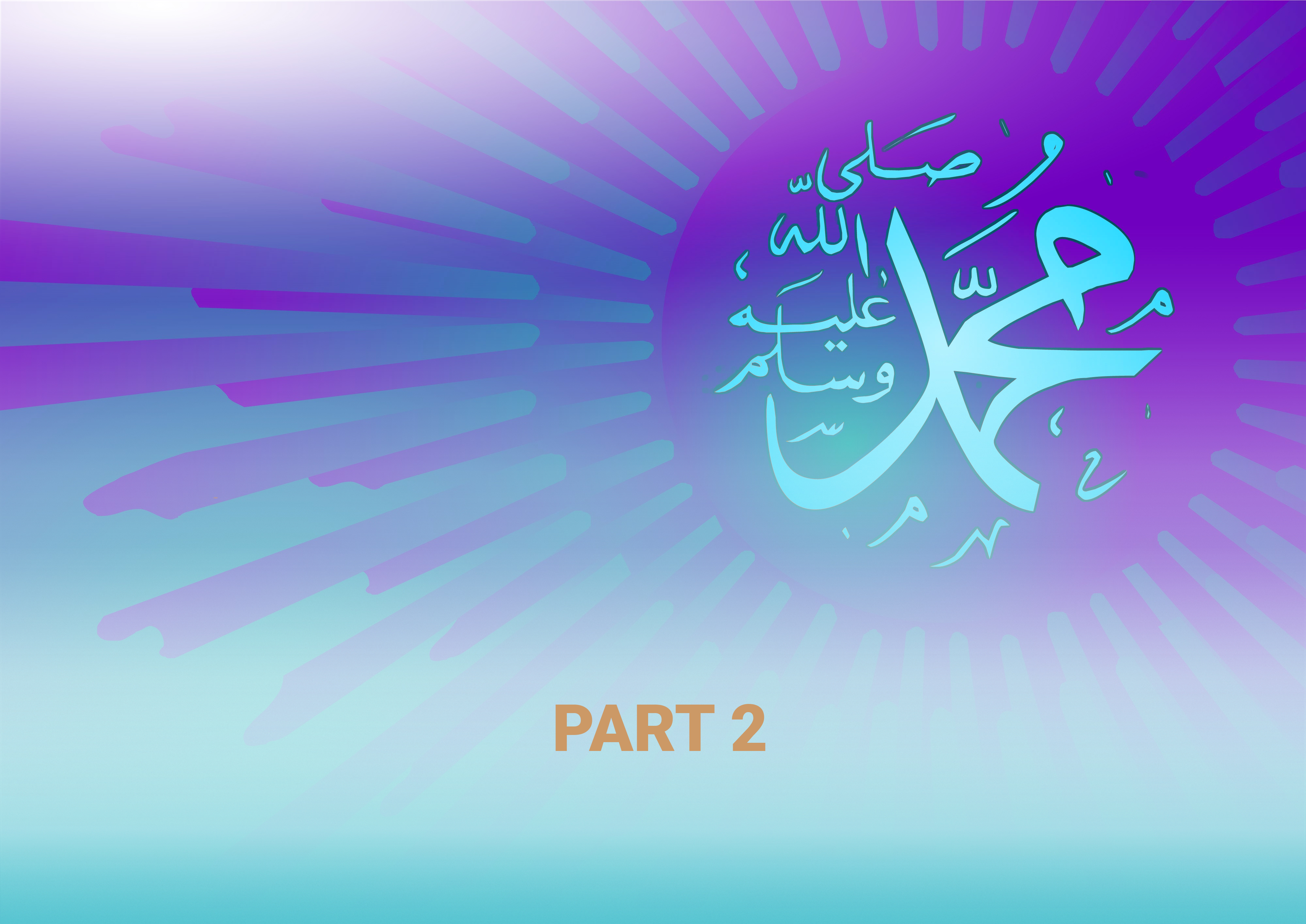Part 2 – The Prophet’s Faith Ritualised Actions & Practices
This Blog Series explores the Prophet Muhammad’s Islamic value driven leadership, and is based on my Master’s Degree in Islamic Studies research, at ISRA’s Centre for Islamic Studies & Civilisation, Charles Sturt University.
This second article in our blog series, explores the second key Islamic value driven leadership aspect of the Prophet (pbuh) that transformed Arab society – the daily faith actions or worship that enabled the community to put their shared values into action under his leadership, such as enjoining good and forbidding evil or striving to always do good to please God. (Noor 2015)
Armstrong (2013) explains how the Prophet (pbuh)was not content to work for social reform only, but believed that without an inward transformation; anything else would be short lived. An example of this was his teaching of the ritual actions that enabled them to cultivate a new spiritually refined attitude. (Armstrong, 2013) Praying five times a day (salat), which interrupted their ordinary business, for example ensured that serving and worshipping one God was now their first priority.
The Prophet’s faith and commitment to preach and teach the idol worshipping Arabs, the new Islamic belief system of strict monotheism – the unity and oneness of God (Tawhid), centred on serving and worshipping God alone. A large part of Quranic revelations he taught them were about this, such as “O my people, serve God: You have no god other than He” (Quran 11:84). (Gulen, 2005)
Tawhid (Belief in One God Alone) led to the development of a new and higher consciousness
Tawhid being foreign to the Arabs caused them to re-evaluate their actions, intentions and long held beliefs regarding social norms, and transformed their morals, ethics, spirituality, values and beliefs, leading them to developing a new and higher consciousness (El’amin, 2008). For example, charity actions traditionally done to enhance one’s status, was now negated because a key principle of Tawhid that the Prophet (pbuh)taught his growing community of followers, was having a pure intention of doing actions solely to please God. (El’amin 2008)
Tawhid caused the re-evaluation of actions, intentions and long held beliefs and transformed their morals, ethics, spirituality, values and beliefs.
It’s important to note that Tawhid was the cornerstone of the Prophet’s mission and vision of creating a peaceful and prosperous world, for God’s pleasure (Noor 2015). His committed goal was to transform society which he achieved by enlightening humanity in every human dimension of life in particular in his main role as a mercy to humanity. (Gulen, 2005)

